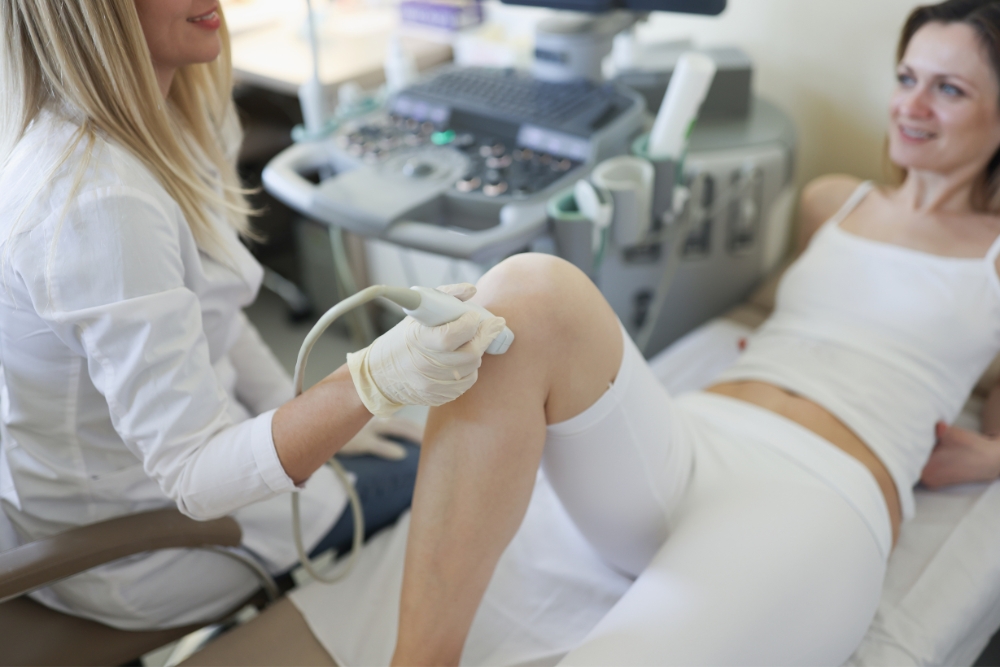Key Benefits of Using a Sperm Donation Clinic
Access to Comprehensive ServicesSperm donation clinics offer a variety of services tailored to specific needs. From initial consultations to follow-up support, these clinics work to ensure every donor and recipient receives personalized attention throughout their journey. Many clinics conduct thorough screenings of donors, which include genetic tests and infectious disease testing, ensuring the highest quality of donated sperm. This level of care gives recipients confidence that they are making safe choices for their future families. Additionally, counseling services and educational resources provided by clinics can help individuals and couples navigate the emotional aspects of sperm donation, fostering a supportive environment.

Expertise and Experience
Sperm donation clinics employ medical professionals with specialized training in reproductive medicine. These experts understand the complexities of fertility treatments and can provide guidance throughout the entire process. Their expertise ensures that proper protocols are followed during collection, testing, freezing, and storage of sperm samples. Clinics typically have years or even decades of experience helping families, resulting in refined processes and higher success rates.
Additionally, staff at reputable clinics stay current with the latest advancements in reproductive technology. This means recipients benefit from cutting-edge procedures that maximize the chances of successful conception. Medical professionals can also address specific fertility concerns and recommend the most appropriate treatment options based on individual circumstances.
Thorough Medical Screening
One of the most significant benefits of using a sperm donation clinic is the comprehensive screening process for donors. Clinics conduct extensive medical evaluations that typically include:
-
Genetic testing for hereditary conditions
-
Screening for infectious diseases such as HIV, hepatitis, and STIs
-
Family medical history analysis
-
Physical examinations
-
Psychological evaluations
These rigorous screening procedures significantly reduce health risks for both the recipient and potential children. By contrast, informal donation arrangements rarely include such thorough medical assessments, potentially exposing recipients to various health risks. Sperm donation clinics maintain strict quality control standards and regularly test stored samples to ensure continued viability.
Diversity and Choice
Sperm donation clinics offer recipients access to a diverse pool of donors with varying physical characteristics, educational backgrounds, professional accomplishments, and ethnic origins. This diversity allows recipients to select donors whose attributes align with their preferences or match their own characteristics if desired.
Most clinics maintain detailed donor profiles that include information about:
-
Physical attributes (height, weight, hair color, eye color)
-
Ethnic background
-
Educational achievements
-
Personal interests and talents
-
Medical history
-
Personality traits
This wealth of information helps recipients make informed decisions when selecting a donor. Many clinics also offer photo matching services, where staff help identify donors who resemble a recipient’s partner or family members, creating a stronger sense of connection to the future child.
Anonymity and Privacy
Privacy concerns are paramount for many individuals involved in sperm donation. Clinics understand this sensitivity and implement robust systems to protect confidentiality. Depending on local regulations and clinic policies, recipients can often choose between anonymous donors, identity-release donors (whose information becomes available to the child at a certain age), or known donors.
These structured arrangements help establish clear boundaries regarding future contact and involvement. For donors, clinics provide the assurance that their privacy will be maintained according to their preferences. Similarly, recipients can proceed with family building without concerns about unwanted intrusion into their personal lives. The clinic serves as an intermediary, managing communication and information sharing according to agreed-upon terms.
Legal Protection
One of the most valuable aspects of working with a sperm donation clinic is the comprehensive legal protection provided to all parties. Clinics operate within established legal frameworks that clearly define the rights and responsibilities of donors and recipients. This structured approach prevents potential disputes regarding parental rights and financial obligations.
Reputable clinics require all participants to sign detailed consent forms and legal agreements before proceeding. These documents establish that:
-
Donors relinquish all parental rights and financial responsibilities
-
Recipients assume full legal parentage of any resulting children
-
The terms of anonymity or disclosure are clearly defined
This legal clarity provides peace of mind for everyone involved and creates stable foundations for new families. Without these protections, informal arrangements can lead to complicated legal situations that may be emotionally and financially draining.
Supportive Community
The journey to parenthood through sperm donation can be emotionally complex. Sperm donation clinics recognize this reality and typically offer supportive services such as:
-
Individual counseling sessions
-
Support groups for recipients
-
Resources for discussing donor conception with children
-
Guidance on navigating family dynamics
These support systems help recipients process their feelings about using donor sperm and prepare for the unique aspects of raising donor-conceived children. Many clinics also maintain connections with broader communities of families formed through donation, creating valuable networks where parents and children can share experiences with others who understand their journey.
Access to Comprehensive Services
Sperm donation clinics offer integrated services that address all aspects of the family-building journey. Beyond the basic donation process, they typically provide fertility treatments like intrauterine insemination (IUI) or in vitro fertilization (IVF) when needed. This comprehensive approach means recipients can receive continuous care from the initial consultation through successful conception and pregnancy.
Many clinics also offer long-term sperm storage, allowing recipients to secure samples for future siblings from the same donor. This continuity can be particularly important for families who wish to have genetically related children over time.
Sperm donation clinics serve as trusted guides through what might otherwise be an overwhelming process. Their structured approach, medical expertise, legal protections, and emotional support create an environment where all participants can proceed with confidence, knowing their needs and interests are being professionally addressed.




